DSE备战英文科|社论学英文—勿小觑演唱会经济 拉动娱乐旅游消费
2024-03-17 14:00 
勿小觑演唱会经济 拉动娱乐旅游消费
2024年1月25日《星岛日报》社论
香港疫后经济复苏不似预期,特首李家超近日提出推动盛事经济发展,希望藉办大型盛事吸引更多旅客来港,成为助推经济的动力,并准备在今天行政长官互动交流答问会上与议员共商对策。在双方交流前夕,有议员对官员争取国际歌手来港开演唱会的被动态度有所不满,认为只会让香港错失机遇。周边地区积极推动演唱会经济,官员若仍抱旧思维,不主动出击,即使场馆容纳量提升,恐怕也无法与对手竞争。
须改变思维主动邀巨星来港表演
盛事经济涵盖大型国际会议、大型赛事、大型表演和活动等,但官员往往将重心放在大型金融论坛和展览会上,争取更多跨国企业高管和高端客户群参与,而对大型娱乐盛事却未必太看重。事实上,疫后不少城市大力推动演唱会经济,更视之为经济复苏的动力,以吸收报复式消费所带来的商机,而美国乐坛天后Taylor Swift去年举行的世界巡回演唱会一票难求,正是最佳佐证。
Taylor Swift去年在世界多地举办逾60场演唱会,售出435万张门票,赚取10.4亿美元之馀,她所到之处,吸引不少国际歌迷远道而来,为当地酒店、旅游、餐饮及零售业带来可观收入。有调查显示,单是在美国的巡回演唱会,已为美国创造46亿美元收入,而每位入场观众平均消费1300美元。
身兼行政会议召集人的叶刘淑仪,昨天在立法会提出口头质询时,对Taylor Swift去年亚洲之行只选了在日本和新加坡开个唱,香港错失机会,质问政府今后会否积极争取这类顶级艺人。文化体育及旅游局局长杨润雄回应,演唱会主办方是否来港举办属商业决定,谁来谁不来,交由市场主导。
据悉,香港演唱会主办方得悉Taylor Swift来亚洲,眼看有商机曾一边与对方洽谈,另一边试图联系可容纳4万观众的香港大球场,查询档期,大球场回应并不积极,甚至显得官僚,结果让国际巨星来港表演失诸交臂。再加上新加坡豁免场租及给予补贴,令Taylor Swift最终选择在新加坡开个唱。
香港在场馆硬件上明显处于下风,而这个硬伤有望在今年下半年改写,因启德体育园落成后,可容纳5万观众,届时香港便有大型场馆足与新加坡比肩,有更大诱因吸引国际歌手来港开演唱会。
宜做好交通配套与门票合理分配
不过,单靠硬件提升并不足够,还须有政策扶持演唱会经济。事实上,新加坡自2000年以来便着力打造亚洲活动及娱乐之都,除了投入资源兴建大型表演场馆外,更在政策上一直争取与国际巨星合作,并设有基金在必要时提供金钱补贴,多年努力终取得回报。另一个例子是台湾高雄市,市政府尽可能满足歌手需求,包括提供完善交通疏导配套、让歌手在可容纳4.5万人的世运主场馆开个唱,结果去年吸引BLACKPINK、Coldplay等乐队到台湾开个唱,全年举办了逾117场演唱会,累计139万观众入场,带来逾45亿元新台币(逾11亿港元)收益,并带动当地店铺延长营业至凌晨4时。
因此,若当局要发挥盛事经济,官员切勿小觑演唱会经济的消费力,须改变思维,像办国际金融论坛的心态看待,主动邀请国际歌手来港表演,并在门票销售方面作出规范,将一定门票分配给本地、海外及内地歌迷。同时也要未雨绸缪改善启德的交通、夜市等配套,让观众在看完演唱会后还有地方消夜,给海内外歌迷有良好体验和印象,愿意留港过夜,才能发挥更大经济效益。
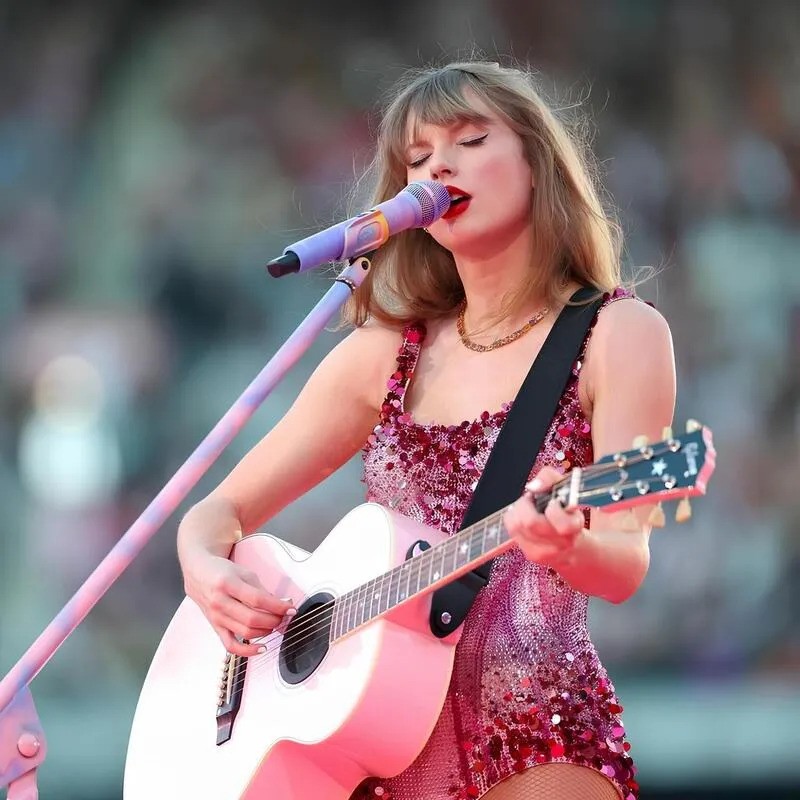
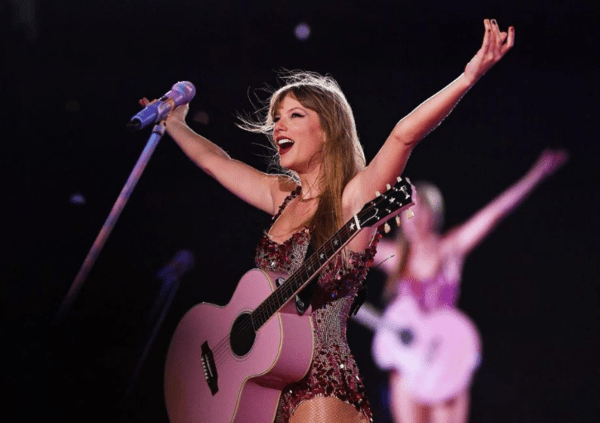
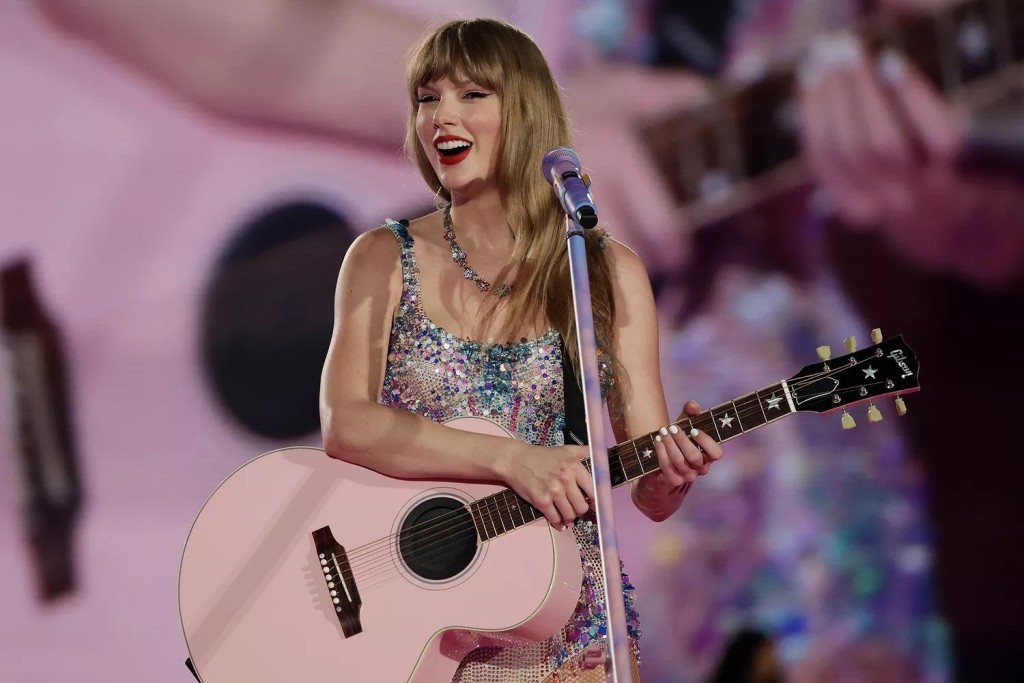
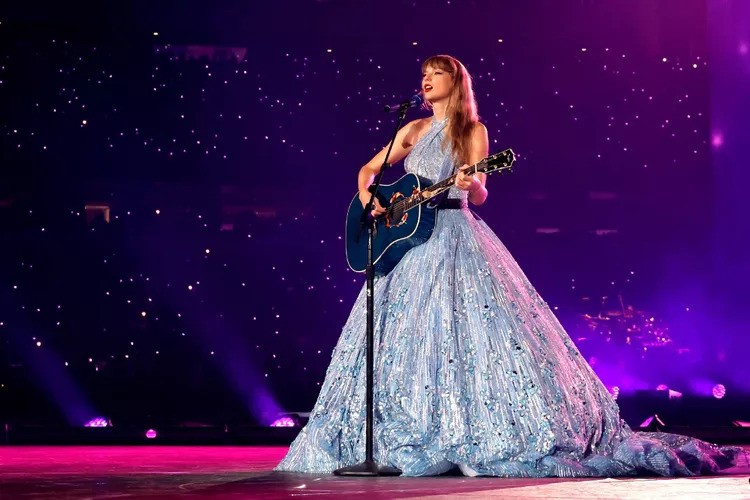

Don't underestimate concert economy, boost music tourism
Hong Kong's post-pandemic recovery has not been as good as expected. Chief Executive John Lee Ka-chiu has recently proposed promotion of event economy, hoping to attract more tourists by organizing large-scale events and create a driving force. He will be discussing with Legco members in today's Chief Executive's Interactive Exchange Question and Answer Session. A legislator yesterday complained about the passive attitude of officials in soliciting international singers to hold concerts in Hong Kong, saying that the city was only missing out on opportunities. Neighbouring regions are actively promoting concert economy, so if the government clings to the old mindset without taking the initiative, it will not be able to compete with rivals even when venues have been expanded.
Change mindset and be proactive
Event economy covers major international conferences, tournaments, performances, activities, etc. However, officials focus on big financial forums and exhibitions that draw executives of multinational corporations and high-end customers, probably neglecting large entertainment events. In fact, many cities have been vigorously promoting concert economy after the pandemic, taking it as a driving force for recovery to grab business opportunities brought by revenge spending, best evidenced by American pop superstar Taylor Swift's sold-out world tour last year.
Swift held over 60 concerts around the world selling 4.35 million tickets and earning US$1.04 billion. Her global fans generated considerable revenues for local hotel, tourism, catering & retail businesses. According to a survey, her US concert tour alone generated US$4.6 billion in revenue for the country with an average spending of US$1,300 per concertgoer.
At the Legco yesterday, Regina Ip Lau Suk-yee, who is also the convenor of the Executive Council, asked whether the government would actively attract such top artists in the future, given that Swift only held concerts in Japan and Singapore during her Asia tour. Secretary for Culture, Sports and Tourism Kevin Yeung Yun-hung replied that entertainment events "operate on commercial principles" and are market directed.
It is said that when the Hong Kong concert organizer learnt about Swift coming to Asia, it negotiated with the party concerned while enquiring with the Hong Kong Stadium, which has a capacity of 40,000 spectators. The response, however, was lukewarm and even bureaucratic ending up in an opportunity lost. Singapore, moreover, waived the rental fee and provided subsidies, so she finally chose the city.
Hong Kong is obviously at a disadvantage in terms of venue hardware, but hopefully there will be a change in the second half of this year, because the new Kai Tak Sports Park can accommodate 50,000 spectators. Hong Kong will then have a large venue comparable to that of Singapore as well as greater incentives to attract international popstars.
However, upgrading hardware is not enough. There must be supportive policies. In fact, since 2000, Singapore has been striving to become an events and entertainment capital of Asia. In addition to the construction of large performance venues, it has introduced policies that favour international superstars and set up a fund to provide subsidies when necessary. The years of hard work finally paid off. Another example is Kaohsiung, a city of Taiwan. The municipal government did its best to meet the demands of popstars, including comprehensive transportation facilities and the Kaohsiung National Stadium with a capacity of 45,000 audience. Bands such as BLACKPINK and Coldplay, therefore, held their performances there last year. More than 117 concerts were held with a total of 1.39 million concertgoers and over NT$4.5 billion (HK$1.1 billion) in revenue. Local stores even extended their business hours to 4:00 am.
Proper transportation and ticket allocation
So, if the government wants to give full play to event economy, officials must not underestimate the spending power brought by concerts. They should change their mindset and adopt the same mentality as that of organizing international financial forums by proactively inviting global singers and allocating tickets to local, overseas and mainland fans. Meanwhile, it is necessary to prepare for a rainy day by improving ancillary facilities such as Kai Tak transportation and night markets for supper, so that fans will have a good experience after a concert and stay overnight, bringing greater benefits.
Vocabulary
- solicit (v) —— 招揽
- cling (v) —— 依附
- mindset (n) —— 思维
- evidenced (adj) —— 获证实的
- convenor (n) —— 召集人
- lukewarm (adj) —— 冷淡的
- bureaucratic (adj) —— 官僚的
- incentive (n) —— 诱因
Useful Terms
- event economy —— 盛事经济
- passive attitude —— 被动态度
- revenge spending —— 报复式消费
- ancillary facility —— 附加设施
Did you know?
Executive Council convenor Regina Ip Lau Suk-yee asked whether the government would consider providing a dedicated fund or expanding the Mega Arts and Cultural Events Fund to cover concerts, saying many cities around the world had hosted world tour concerts by renowned singers, attracting global fans and stimulating their tourism, retail and catering industries.
Q&A
- The word _____ in the first paragraph is the opposite of "proactive".
- Many cities are already vigorously promoting _____ economy after the pandemic for recovery.
- In the passage, the word _____ means "uninterested".
- Supportive policies are needed in addition to _____ upgrades.
- According to the last paragraph, _____ facilities such as night markets must be improved.
Answers
- passive
- concert
- lukewarm
- hardware
- ancillary
翻译和内容:George
整理:星岛教育组编辑部
图片:网上图片
《星岛头条》APP经已推出最新版本,请立即更新,浏览更精彩内容:https://bit.ly/3yLrgYZ

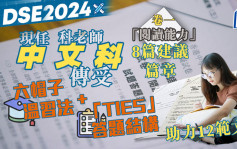




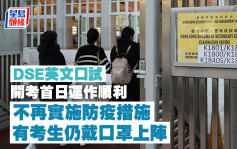


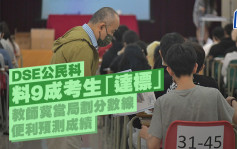
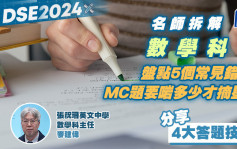
最新回应